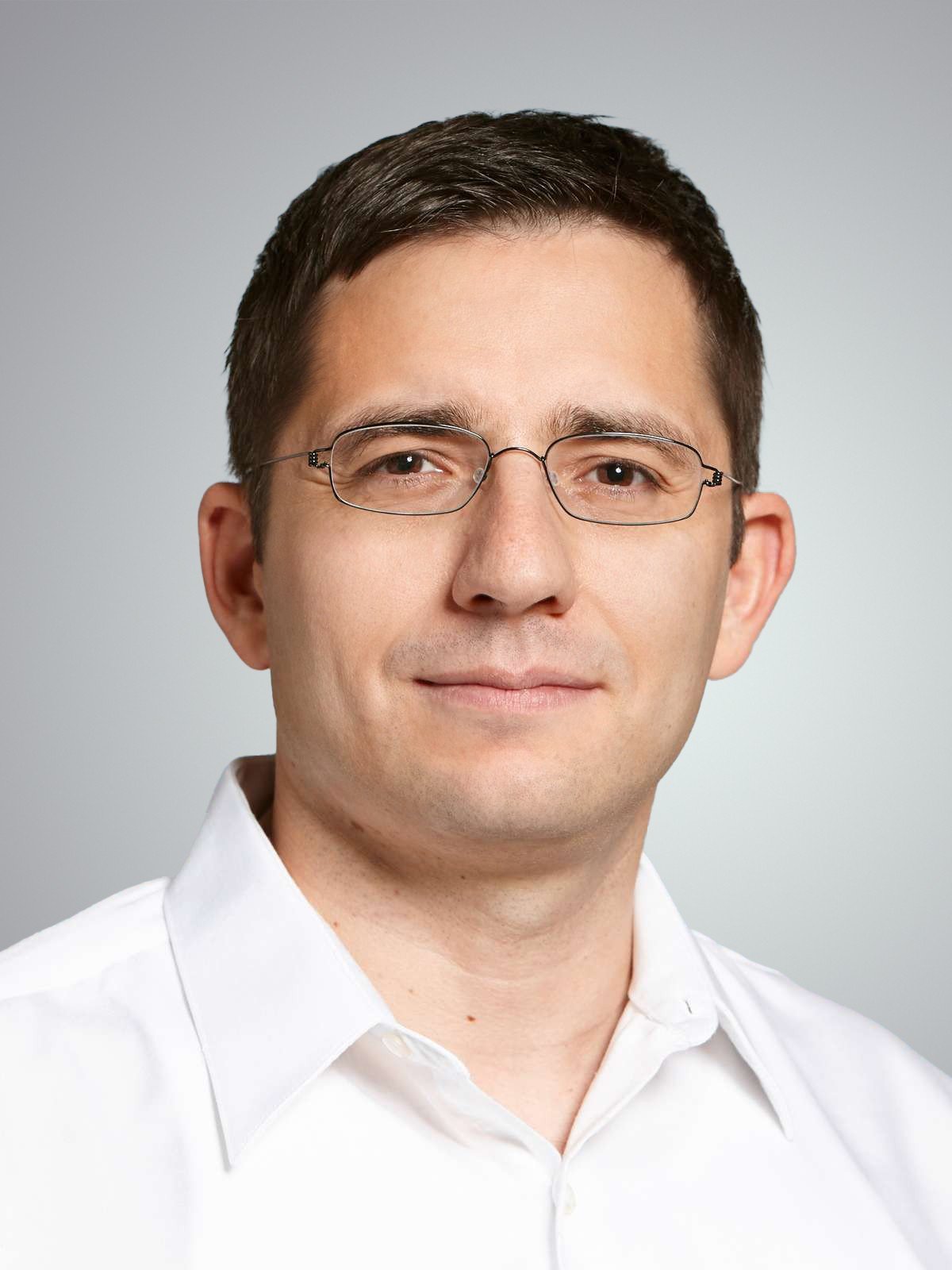Prof. Martin Vechev, Professor at the Swiss ETH Zurich University, one of the world’s leading technology universities, and co-founder of the deep tech startup LatticeFlow, is among the winners of the prestigious award of the European Research Council ERC Consolidator Grants. The grant is given to outstanding researchers with highly promising scientific track records. The Bulgarian scientist is awarded a €2M grant for the financing of his project on secure, fair, and resilient AI technologies.
The goal of his project is to contribute to the creation of next-generation trustworthy deep learning systems by ensuring that the algorithms behind these technologies are mathematically certifiable. The success of his tech and scientific endeavors would result in the potential for scaled AI applications across many industries, including self-driving vehicles and automatic diagnostics in medicine.

Read further to find out more about the winning research project and understand what is the goal and the impact of ERC grants.
AI academic expert with a founder mindset
Martin Vechev is a second-time recipient of the ERC Consolidator Grant. Back in 2016, he was awarded funding for the launch of the startup DeepCode, which was later acquired by the multibillion-dollar company Snyk, which is among the top 50 AI companies in the world.
For his latest scientific project, he explains the general research field and the main research objective:
“My work creates new methods and tools which enable the creation of safe, reliable, secure, and robust systems, including artificial intelligence, quantum, and probabilistic systems. The main objective is to invent new techniques and tools which enable building the next-generation artificial intelligence systems we can probably trust and rely on, with suitable mathematical guarantees, across any application domain of machine learning.”
Martin Vechev further details that his project is broken down into several packages, covering new methods for mathematical certification of machine learning models, training certifiable models as well as investigations of fundamental theoretical questions.
The significance of ERC Grants
With a budget of around €13B for the programme period of Horizon 2014-2020, The European Research Council (ERC) is the only European organization that funds forward-thinking research. It aims to encourage scientific excellence across the EU by supporting the healthy competition for funding among the top researchers in the world. This year’s ERC Grants are focused on SAFE AI: Certified Safe, Fair, and Robust Artificial Intelligence, and their main goal is on the development of foundational methods upon which future AI systems are built.
“Thanks to the European Research Council (ERC), the only scheme in Europe for long-term, curiosity-driven, exciting research, we will be able to focus on this fundamental problem for the next 5 years,” highlights Vechev.
What is special about the ERC, is that it uses a bottom-up approach and lets researchers identify new opportunities in their respective fields of research. Therefore, the grants contribute to the emergence and implementation of new and unpredictable scientific and technological discoveries. This year alone, the ERC competition involved 2,651 researchers, but only 12% of them received individual grants for their projects.
Here are some key points on why ERC matters for SEE scientists:
- ERC is considered the Champion’s League of Science, only won by top scientists.
- It is the most prestigious grant scheme in Europe and its yearly budget is around €2B.
- ERC was created as a way for Europe to attract top talent and compete with US and China.
- The initiative spans all areas of science.
- The number of ERC grants per country is accepted as a key measure of innovation.
- On average, research awards vary between €1.5-3M for 5 years.
- Researchers, based in Bulgaria, have so far won 0 ERC grants since the establishment of the organization in 2007.







